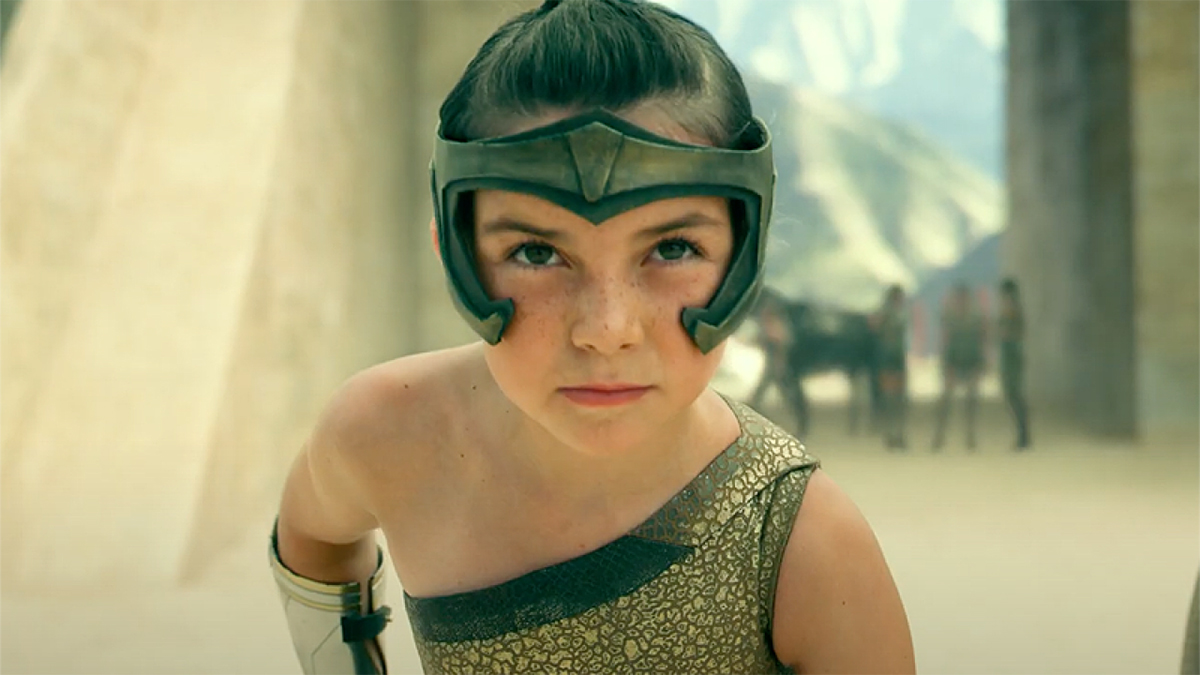What is DC’s ‘Paradise Lost’ Based On? The John Milton Poem, Explained

This morning, James Gunn made his eagerly-awaited announcement about the future of the DC Universe. One of the projects Gunn announced is Paradise Lost, which he described as a Game of Thrones-style origin story about Wonder Woman’s home island of Themyscira. “How did this society of women come about?” Gunn said. “What does it mean? What are their politics like? What are their rules? Who’s in charge? What are all the games that they play with each other to get to the top?”
In DC media, Themyscira is the home of the Amazons, a society of immortal women warriors ruled by Queen Hippolyta. We last saw Themyscira in Wonder Woman, in which Diana leaves her island to track down the god of war Aries, and in a flashback in the sequel Wonder Woman: 1984.
If the title Paradise Lost sounds familiar, though, there’s a reason—it has a history in both DC comics and Western literature.
Paradise Lost in DC Comics
The title is most directly taken from a two-part Wonder Woman story arc written and drawn by Phil Jimenez. In Paradise Lost, a feud between Diana and Hippolyta escalates into full-blown civil war, with various factions in Themyscira jockeying for control. Although the new series is an origin story and not a contemporary Wonder Woman story, it could still take some elements from this story arc—and if it does, it’s easy to see why Gunn compared it to Game of Thrones.
But there’s an even deeper level of significance to the title Paradise Lost.
Paradise Lost by John Milton: a game of thrones before we had Game of Thrones
The original Paradise Lost is an epic poem written by John Milton in the 17th century. Paradise Lost follows the exploits of Satan as he organizes a rebellion against God, gets cast out of Heaven, and then sets about corrupting Adam and Eve.
If you haven’t read Paradise Lost, pick up a copy posthaste. Yes, it’s a morality tale and political allegory based on a myth that might have been forced down your throat in Sunday school, but it’s also a rollicking good time. Satan is written as a wily trickster and gifted orator, and Adam and Eve’s love story is surprisingly moving. The title refers to two paradises that are lost: Satan and his fallen angels losing their places in Heaven, and Adam and Eve falling prey to sin and losing their place in Eden.
It’s not hard to see some parallels between the John Milton poem and the Wonder Woman comic story arc. Like Heaven and Eden, Themyscira is a kind of paradise for its inhabitants (in fact, one of its alternate names is “Paradise Island”), but it’s through feuding and infighting that Diana, Hippolyta, and the other Amazons put their home in jeopardy. It’s probably safe to assume that the new series will incorporate similar themes of ambition, stubbornness, and hubris—hopefully making for some very interesting characters.
I love superhero media, but all to often, these stories end up repeating the same hero-beats-up-villain dynamic. If DC’s Paradise Lost gives us the same complicated characters as its namesakes, then we’re in for a treat.
(featured image: Warner Bros.)
Have a tip we should know? tips@themarysue.com